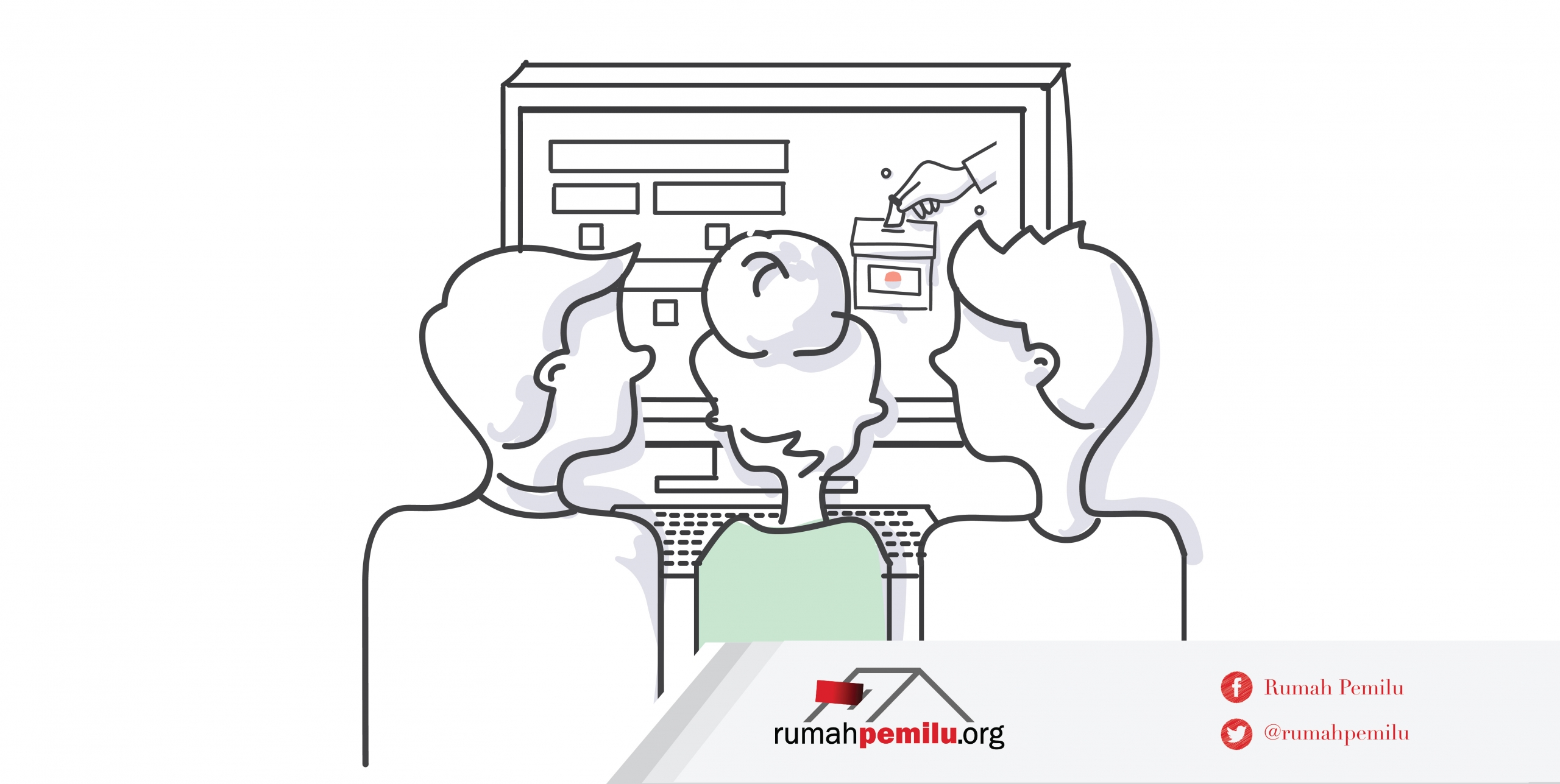Term of “indigenous Papuans†prompts to not only apply to candidates for Governor and Deputy Governor of Papua. Candidates of regent and deputy regent as well as mayor and deputy mayor should apply the same principle.
Provision of “indigenous Papuans†is contained in Article 12 of Law No. 21 of 2001 on Special Autonomy (Otsus) of Papua Province. However, this law states that this requirement applies only to candidates for Governor and Deputy Governor of Papua Province.
For natives such as Hofni Simbiak, Robert D. Wanggai, Benjamin Wayangkau, this provision is very detrimental to their constitutional rights. Because this privilege is only up to the provincial election, and not applicable for District and City elections.
“The existence of articles examined is detrimental to the applicants, or at least potentially detrimental for discriminating requirements to become heads of district/city at the provincial level, as well as potentially narrowing the competitiveness of the applicants to become head of the region,” said attorney applicant of Heru Widodo at trial at the Constitutional Court (MK) Building.
This provision was formally registered at the Court under number 34 / PUU-XIV / 2016 to be a judicial review. Three of the applicants respectively as the first applicant, Vice Chairman 1 of Papuan Peopleâ€s Assembly (MRP) Hofni Simbiak, applicant II, Member of MRP Robert D. Wanggai, and applicant III Benjamin Wayangkau.
During the nomination in the election district and the city, Heru said political parties prioritized people who are not indigenous Papuans. Indigenous Papuans are positioned as a potential backup enliven the election and vote getters.
It is completely on the contrary to the recognized area of specialization. Whereas the objective of the Special Autonomy Law is one other to put the Papuan people and the people of Papua as a major subject in the provincial, district/city governments as well as their subordinates.
According to Heru, the primacy of indigenous Papuans in local elections in Papua is a special treatment justified by the constitution. This treatment is used to encourage and accelerate the indigenous groups in the pursuit of progress.
The implementation of the special autonomy law was, according to him, can not be applied only partially to the provincial government. So as if the original inhabitants of Papua are known only in the structure of the provincial government and not to the local governance structures underneath.
“In fact, existence of the provincial government can not stand alone without the regency/city and so on up to the lowest government in the entire area of Papua,” he said.
It needs to be kept in mind that Law No 21 of 2001 on Special Autonomy was in line with Law 19 of 2001 on Special Autonomy of Nanggore Aceh Darussalam. Judging from the architecture of its laws, these laws only set up the scope of the province.
According to the judges of the Constitutional Court, Wahiduddin Adams, the transitional provisions of election law, called Law No. 8/2015 on the election applies for election organizers in the province of Aceh, the Special Capital Region, DI Yogyakarta, Papua, and West Papua, unless otherwise specified.
In the Papua Special Autonomy Law, not a single article that regulates regencies and cities because the Special Autonomy Law only regulates provincial provision, then for regencies and cities should follow the Law 8/2015.
“Because if other regulations are not stated in the autonomy law, then they should refer to the Law No. 8 of 2015. Although for constitutional conditions,” he said.
Meanwhile, the judge Maria Farida Indrati questioned bout the violated constitutional rights. According to her, constitutional rights violations occur if the indigenous people are not allowed to be regent and vice regent or mayor and deputy mayor. However, the provisions of the Special Autonomy Law and Election Law prohibit nothing.
Then Peopleâ€s Consultative Assembly (MPR) of Indonesia establishes the necessity of granting special autonomous status to the province of Irian Jaya. Only in the province of Papua applied specificity in the regulation of authority between the government and the government of Papua province, as well as the application of such authority.
Had the Court granted the applicant proposal, Maria assessed, the provisions had exceeded the authority granted by MPR because it is MPR that has special autonomy for Papua Province.
“If this is granted, later Yogyakarta will also ask if the governor and vice-governor who are now sultan (head of Yogya palace) and paku alam (deputy of Yogya palace), then regent and vice regent are also their descendants,” he said.
Special Autonomy Law put indigenous Papuans and the people of Papua as a subject of governance. However, residents of Papua are Papuans and non-idegenous Papuans.
Regarding the competition between natives and immigrants, Maria said that it did happen. However, for the native to become a leader is not automatically done by changing the article. It also needs to be considered how indigenous people can get a leadership position.
“Because if all are specialized, later in Papua, only Papuans are allowed to be leaders. Well, this will potentially lead toâ€small kings†in regions, “said Maria.
Researchers of Association for Elections and Democracy (Perludem) Kholilullah Pasaribu said that this demand hampers the political rights of the majority population of Papua. Because of the four million inhabitants of Papua, the non-Papuans number reached two million.
Kholil said the specificity of Papua has been accommodated in the Special Autonomy Law which requires candidates for Governor and Vice Governor as the indigenous Papuans. In addition, the election law also has no provisions restricting indigenous Papuans to be elected in the regency/city election.
However, on the other hand, the applicant should gather a petition of support from tribal chiefs in Papua, which number in thousands. This is to ensure the demands of the applicant wishes of all indigenous people of Papua.
“Do not let this just for the sake of the interests of pragmatic and opportunistic political elites,” he said.
DEBORA BLANDINA SINAMBELA
Translated by SL
 Rumah Pemilu Indonesia Election Portal
Rumah Pemilu Indonesia Election Portal




